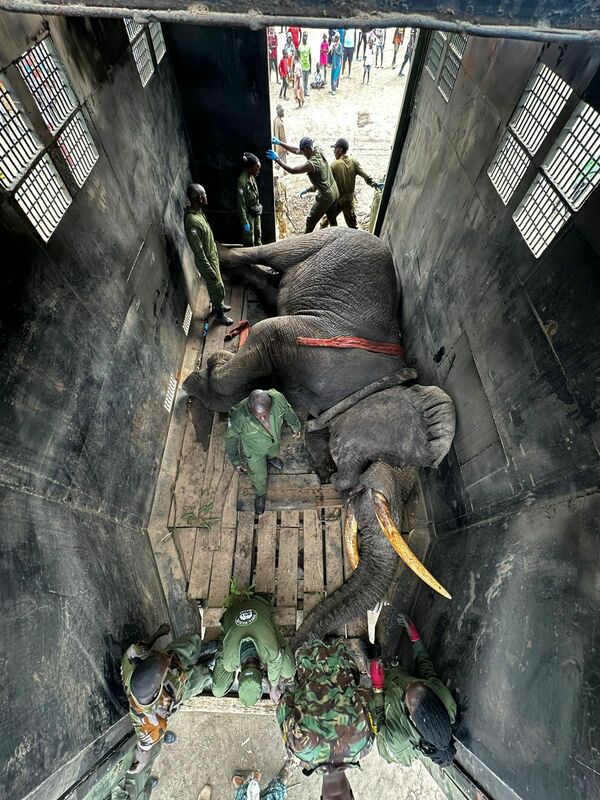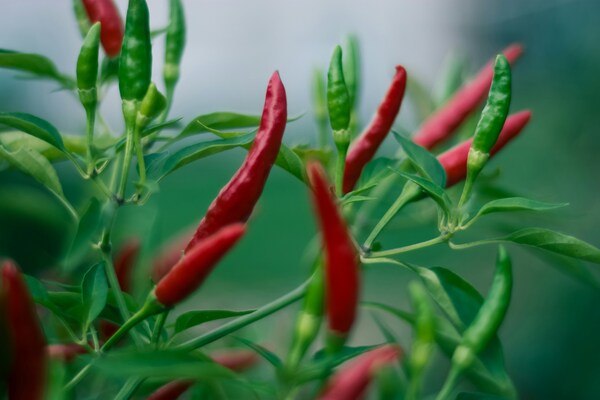
Last month the rainfall continued, not only here in the UK but also in Kenya in the Greater Mara.
Rainfall was not as heavy thankfully as in January, which many of our partners in Kenya say was the wettest and greenest January they can remember. During February the roads dried out in regions where the rain abated, and the landscape dazzled, with a fresh flush of grass.
January and February are usually regarded as the 'short dry season' in Kenya, and a popular time for safari, but with climate change the weather patterns are less predictable, impacting both people and wildlife and causing various logistical challenges. Despite the rain, visitors to the Mara have enjoyed some sensational wildlife and dramatic skies in recent weeks and our conservation partners have managed to go about their work.
For local people February is a time of sleepless nights. Many will stay up all night to guard their farms and short season crops from elephant.
Staff based at the Mara Elephant Project CoExistence Farm help farmers safely move elephants away from their land, using mitigation tools such as fire crackers.
A Mavic 3 Thermal drone is sometimes used at night as well, while during daylight hours drones and sometimes even the MEP helicopter is deployed to steer elephants away from farmland and diffuse conflict.
Tino the bull elephant, known to be a prolific raider of crops at settlements along the Tana River, has been closely monitored since New Year, thanks to his new tracking collar.
True to form, Tino has enjoyed nighly forays to local farms. MEP needed to intervene on one occasion after interaction with the community escalated.
Persistent crop raiding behaviour poses a threat not only to the community but also to the elephant - in extreme situations the people can and do retaliate, killing the elephant. Kenya Wildlife Service made the decision to translocate Tino from the Greater Mara to Tsavo East, a protected area where he has space to roam freely. A translocation of this enormity is not taken lightly. They report that he has settled in well.
At the Co Existence farm itself, which sits very close to the Mara River, five crops have now been identified with low predation levels: rosemary, French lavender, chilli, tea tree and citriodora. These will be grown in larger quantities at the farm while a study into economic viability in the community is conducted.
Image of Tino by Carol Korschen




